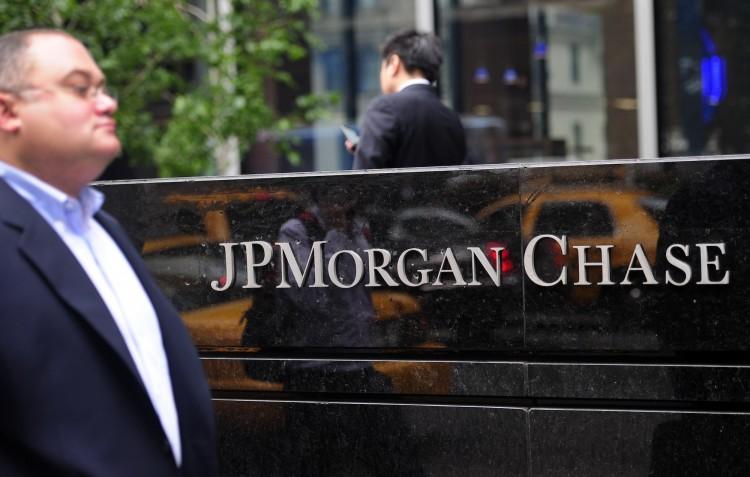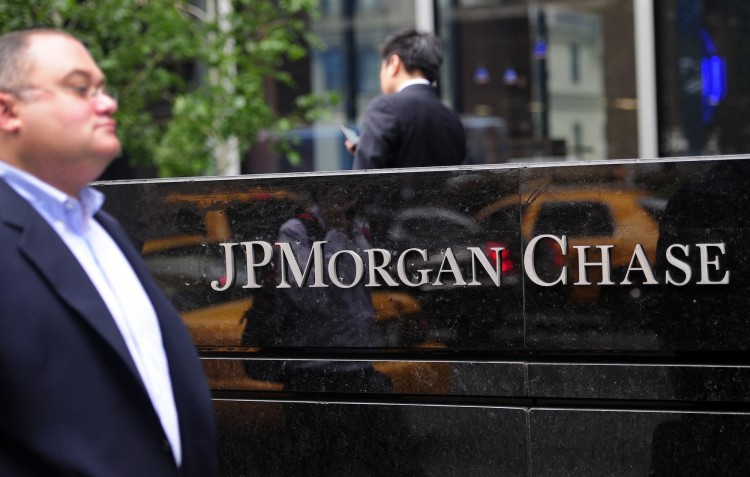NEWS ANALYSIS
Aftermath of JPMorgan’s Multibillion-Dollar Loss
Two weeks after Jamie Dimon’s mea culpa unveiling of JPMorgan Chase & Co.’s $2 billion—and counting—trading loss, experts are divided on how to proceed to avoid such a catastrophe in the future.

People walk past JP Morgan Chase Co headquarters in New York, May 14. 2015. Emmanuel Dunand/AFP/GettyImages
|Updated:





